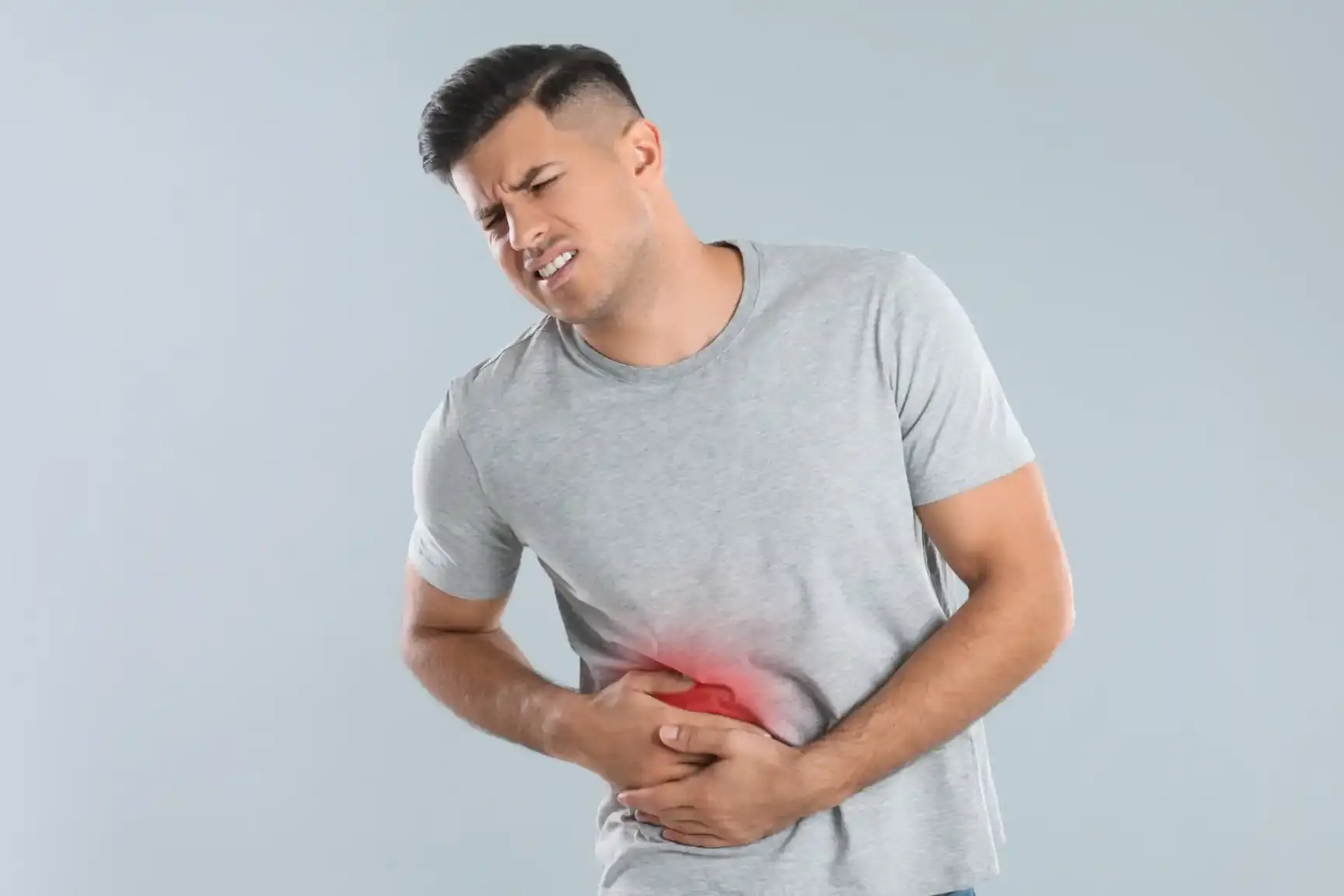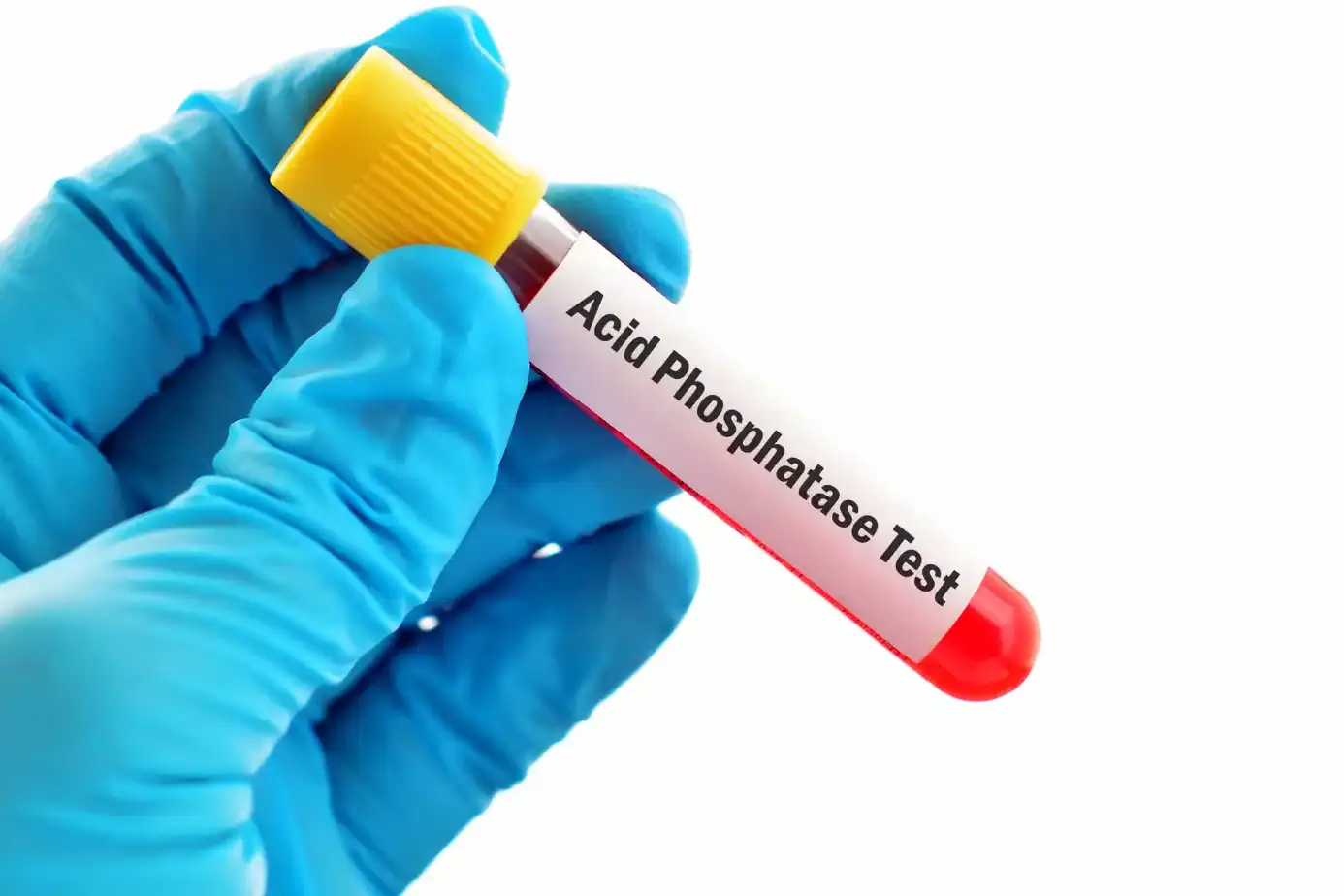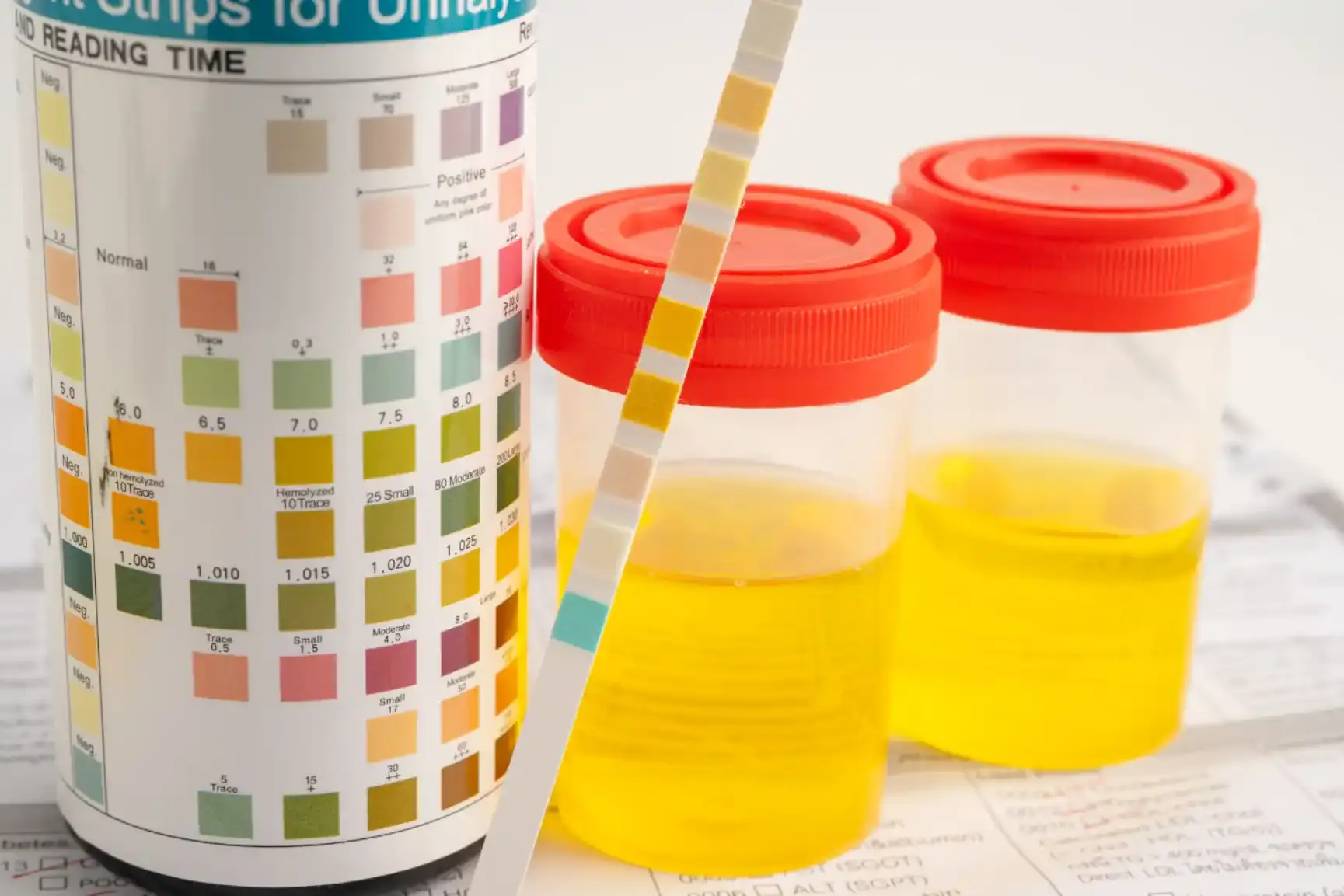Have you been told you have a fatty liver and now you don’t know what to eat? You’re not alone. Millions of people in India and across the world are dealing with the same concern. One of the most common questions I hear from patients is, “What can I eat to make my liver healthy again?” The good news is you can take control of your liver health through your plate.
Table of Contents
ToggleFatty liver, especially nonalcoholic types, is deeply connected to the food you eat daily. This blog is designed to simplify everything for you. In this blog, we will break down what foods to eat, what to avoid, and how to build a realistic, effective fatty liver diet plan that works in real life. Let’s begin with the basics.
What is Fatty Liver Disease and Why Does Diet Matter?
Fatty liver disease means there’s too much fat stored in the liver. While small amounts of fat are normal, excess fat causes inflammation, damage, and even liver failure if left unchecked.
What is Nonalcoholic Fatty Liver Disease (NAFLD)?
NAFLD is when fat builds up in your liver without alcohol being the cause. It affects nearly 25-30% of Indian adults. It can worsen and become Nonalcoholic Steatohepatitis (NASH), a more serious condition.
Difference between NAFLD and NASH:
- NAFLD: Simple fat build-up, usually without symptoms.
- NASH: Fat + inflammation + liver cell damage.
The liver filters toxins, makes proteins, and stores energy. Too much fat slows it down and increases liver inflammation and insulin resistance.
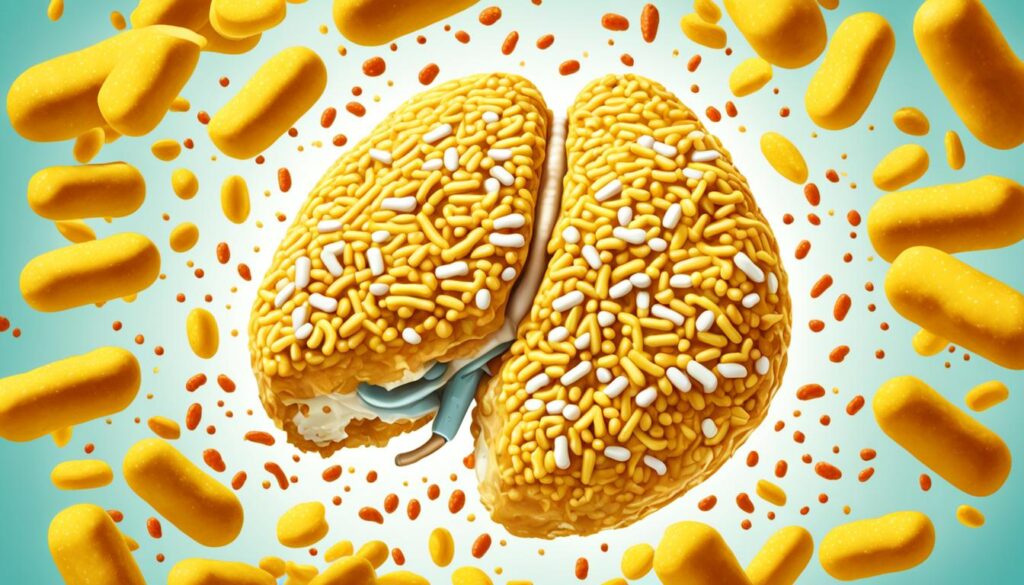
How Does Diet Contribute to Fatty Liver?
What you eat directly affects liver fat. A poor diet causes weight gain, insulin problems, and higher triglyceride levels. These are key reasons for fatty liver.
- High sugar foods boost liver fat creation.
- Refined carbs (white bread, maida) cause insulin spikes.
- Saturated fat from junk foods increases liver enzymes.
A poor diet is the biggest driver of fatty liver nutrition problems.
Can Fatty Liver Be Reversed Through Diet?
Yes! Research shows up to 80% of nonalcoholic fatty liver disease can be reversed through lifestyle and diet.
According to a Mayo Clinic study:
- Just 5% body weight loss improves liver health.
- 10% weight loss removes fat and reduces fibrosis.
Patients who followed the NAFLD diet plan saw a drop in ALT/AST liver markers.
Foods to Include in a Fatty Liver Diet
If you’re fighting fatty liver disease, eating the right foods can really help. Some foods should be avoided, but many can boost your liver health. These foods can support your liver and manage the condition.
Coffee for Liver Support
Studies show that drinking coffee can lower the risk of non-alcoholic fatty liver disease (NAFLD). It can also slow down liver fibrosis. Coffee has caffeine and polyphenols that protect the liver and improve health.
Leafy Greens: Nature’s Liver Protectors
Spinach and other leafy greens are full of nutrients that fight fatty liver disease. A 2021 study found spinach can lower the risk of NAFLD. These greens give your liver antioxidants and support its function.
Beans, soy, and omega-3 rich fish like salmon, sardines, tuna, and trout also help. Eating these foods can reduce fatty liver disease risk and improve health. A diet rich in these foods is key to better liver health.

11 Best Foods for a Fatty Liver Diet
1. Coffee
- Caffine boosts liver enzyme levels.
- Reduces inflammation and scarring.
2. Leafy Greens (Spinach, Kale)
Packed with antioxidants like nitrates and polyphenols. It helps reduce fat buildup in the liver.
3. Fatty Fish (Salmon, Sardines, Tuna)
- High in omega-3s that fight liver inflammation.
4. Oatmeal
- Full of fiber, especially beta-glucans.
- Helps lower cholesterol and fat in the liver.
5. Nuts (Especially Walnuts)
- Reduce oxidative stress and inflammation.
- Improve liver enzymes.
6. Turmeric
- Contains curcumin, which may reduce liver enzyme levels.
7. Sunflower Seeds
- Rich in vitamin E, an antioxidant that protects the liver.
8. Beans and Lentils
- Low in fat, high in fiber and resistant starches.
- Support gut health and lower triglycerides.
9. Soy and Tofu
- Contains beta-conglycinin to reduce fat storage.
- High in protein, low in fat.
10. Garlic
- Helps reduce body weight and fat in the liver.
11. Avocados and Olive Oil
- Full of unsaturated fats.
- Help reduce liver enzyme levels.
Table: Liver-Friendly Foods and Benefits
| Food | Nutritional Benefit | Liver Benefit |
|---|---|---|
| Fatty Fish (salmon, sardines) | Omega-3 fats | Reduces liver fat, lowers triglycerides |
| Leafy Greens (spinach, methi) | Antioxidants, folate | Detoxifies liver, reduces inflammation |
| Avocado | Healthy fats, fiber | Lowers liver damage enzymes |
| Oats | High in beta-glucan fiber | Supports weight loss, improves insulin |
| Walnuts | Omega-3, arginine | Improves liver enzymes |
| Turmeric | Curcumin | Anti-inflammatory, reduces fat buildup |
| Garlic | Allicin, selenium | Boosts detox, lowers fat levels |
| Tofu | Low fat protein | Lowers liver fat buildup |
| Green Tea | Catechins | Improves liver fat metabolism |
| Berries | Vitamin C, fiber | Protects against cell damage |
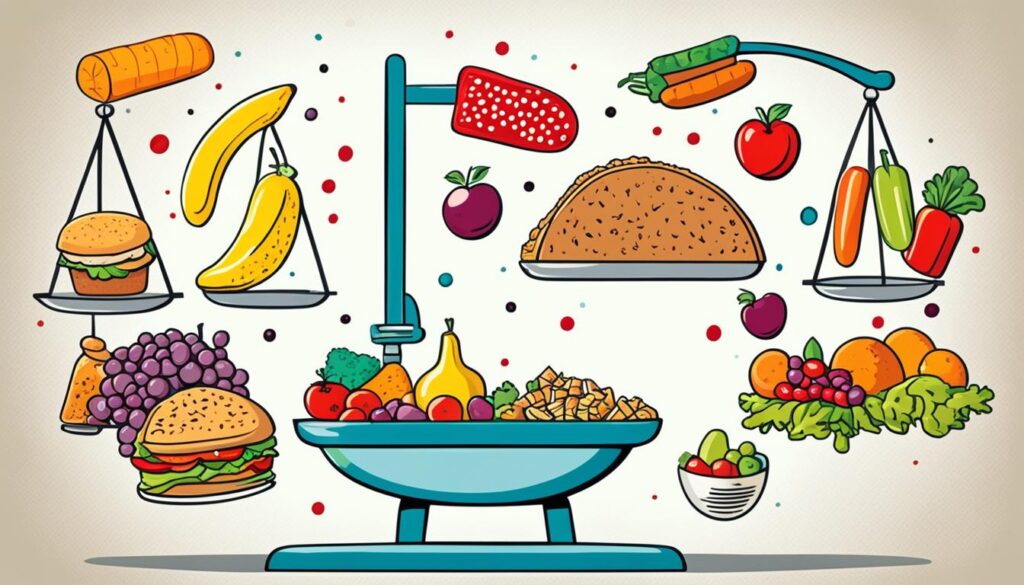
How Does the Mediterranean Diet Support Liver Health?
The Mediterranean diet is known for its health benefits, including helping those with fatty liver disease. It focuses on whole, minimally processed foods. This approach supports liver health and lowers the risk of fatty liver getting worse.
Why the Mediterranean Diet Works
The diet’s focus on healthy fats like olive oil, nuts, and avocados is key. These fats reduce inflammation in the liver, which can cause damage. It also has a lot of whole grains, fruits, vegetables, and antioxidants. These help the liver work well and heal.
It limits processed foods, refined carbs, and added sugars. This helps control blood sugar and lowers the risk of insulin resistance, a fatty liver disease risk factor. Plant-based proteins like legumes and nuts are also part of the diet. They provide important nutrients and cut down on unhealthy fats and proteins.

Adding the Mediterranean diet to your life can help manage fatty liver disease. This eating approach nourishes your liver, fights inflammation, and boosts overall health. It’s a great way to improve your liver health.
Lifestyle Modifications for Fatty Liver Disease
Making changes in your life is key to handling fatty liver disease. Combining different strategies can boost your liver health.
Exercise and Weight Management
Exercise is vital for managing fatty liver disease. It helps with weight loss and keeping a healthy weight. This is key for lowering liver fat and inflammation.
Losing 5-10% of your weight can greatly help your liver. But, avoid losing weight too fast to prevent making things worse. Aim for slow, steady weight loss with a good diet and regular exercise.
Managing conditions like diabetes that often go with fatty liver disease is also important. This helps your liver work better and heal.
Using a full approach with diet, exercise, and weight control is effective for fatty liver disease. Talk to your doctor to make a plan that fits you best.
What Foods Should You Avoid in a Fatty Liver Diet Plan?
Eating right is important. But avoiding wrong foods is just as critical. Your fatty liver diet plan must remove liver-harming items.
10 Foods to Avoid on a Fatty Liver Diet
- Alcohol – Directly damages liver cells.
- Sugary Foods – Triggers fat storage in the liver.
- Fried Foods – Loaded with trans fats and calories.
- Sodas & Sugary Drinks – Spike blood sugar and fat production.
- White Bread and Pasta – Low fiber, high glycemic index.
- Red Meat – High in saturated fats.
- Full-Fat Dairy – Increases saturated fat intake.
- Processed Meats – High in sodium and preservatives.
- Packaged Snacks – Often contain trans fats.
- Butter & Margarine – High in saturated and trans fats.
Table: Foods to Avoid
| Food | Reason to Avoid |
| Alcohol | Direct liver toxin |
| Soda | High sugar, no fiber |
| Red Meat | Increases fat in liver |
| Fried Foods | Cause fat accumulation |
| White Bread | Spikes blood sugar |
Sample Fatty Liver Diet Plan
Breakfast:
- Oatmeal with berries and chia seeds
- Black coffee or green tea
Lunch:
- Spinach salad with olive oil and lemon dressing
- Grilled salmon
- Steamed broccoli
Snack:
- Apple slices with peanut butter
Dinner:
- Mixed bean salad
- Tofu stir-fry with brown rice
- A handful of walnuts
What is an Ideal 7-Day Fatty Liver Diet Plan?
Building a realistic meal plan is key. The fatty liver diet plan should be tasty, affordable, and easy to follow.
What Does a Balanced Liver-Friendly Plate Look Like?
Follow this simple plate rule:
- 50% vegetables
- 25% lean protein (fish, tofu, lentils)
- 25% complex carbs (brown rice, quinoa)
Avoid sugary drinks, creamy gravies, and fried foods.
Sample 7-Day Fatty Liver Meal Plan
| Day | Breakfast | Lunch | Dinner | Snacks |
| Mon | Oats + berries | Quinoa salad + tofu | Grilled salmon + greens | Carrot sticks + hummus |
| Tue | Moong dal chilla | Brown rice + rajma | Palak paneer + roti | Coconut water + peanuts |
| Wed | Vegetable upma | Daliya + mixed veg curry | Grilled chicken + stir fry | Roasted chana + green tea |
| Thu | Smoothie (banana, oats) | Barley khichdi | Baked tofu + bhindi | Handful of walnuts |
| Fri | Multigrain toast + boiled egg | Roti + lauki sabzi | Fish curry + brown rice | Papaya slices |
| Sat | Poha with peanuts | Rajma wrap | Egg curry + quinoa | Cucumber slices |
| Sun | Idli + sambar | Millet pulao | Soya chunks + methi roti | Buttermilk |
Choose Indian or Western options based on your comfort.
Are There Liver-Friendly Substitutes for Junk Foods?
- Baked veggie chips instead of fried chips.
- Lemon water instead of sugary soda.
- Dark chocolate (70%) instead of milk candies.
Ready to Heal Your Liver with the Right Diet?
Fatty liver doesn’t need to become a lifelong problem. You can take charge by choosing better food every day. From cutting sugar to adding high-fiber foods, even small steps matter. The fatty liver diet plan we covered is simple and doable. Combine it with exercise and regular doctor reviews for best results.
Need help building a personalized plan? Get real-time guidance from the best fatty liver doctor!
Book a consultation with Dr. Nivedita Pandey, MBBS, Diplomate, American Board (Internal Medicine & Gastroenterology). A U.S.-trained, board-certified liver expert, she helps patients reverse fatty liver, manage obesity, and prepare for liver transplant care. As one of South Delhi’s top female gastroenterologists, she ensures a comfortable and expert space for your recovery.
FAQ
What is non-alcoholic fatty liver disease (NAFLD)?
NAFLD is a condition where the liver stores too much fat, even if you don’t drink a lot of alcohol. It’s a common liver disease in the U.S.
What are the two main types of NAFLD?
NAFLD has two main types. One is NAFL, where fat builds up in the liver without causing inflammation. The other is NASH, which has inflammation and can lead to serious liver problems if not treated.
How can diet and lifestyle changes help manage fatty liver disease?
Losing weight slowly by eating fewer calories, exercising, and eating foods full of fiber, protein, and healthy fats can help. This can stop fatty liver disease from getting worse and even make the liver healthier.
What are some beneficial foods for fatty liver disease?
Foods like coffee, spinach, beans, soy, and omega-3 rich fish can help reduce the risk and improve NAFLD symptoms.
How does the Mediterranean diet help with fatty liver disease?
The Mediterranean diet focuses on whole foods with healthy fats and lots of vegetables, fruits, and legumes. This diet is great for improving liver health in people with fatty liver disease.
What other lifestyle factors are important for managing fatty liver disease?
Regular exercise, including cardio and strength training, helps with weight loss and managing fatty liver. It’s also key to manage conditions like diabetes that often go with fatty liver disease.
What foods should be limited or avoided with fatty liver disease?
Avoid alcohol, added sugars, fried foods, refined carbs, and red meat. Also, try to eat less salt as it can make NAFLD worse.
Are there any supplements that can help with fatty liver disease?
Some supplements like curcumin, vitamin E, and garlic powder might help with fatty liver disease. But, we need more studies to know how safe and effective they are.
Source Links
About The Author

Medically reviewed by Dr. Nivedita Pandey, MD, DM (Gastroenterology)
Senior Gastroenterologist & Hepatologist
Dr. Nivedita Pandey is a U.S.-trained gastroenterologist and hepatologist with extensive experience in diagnosing and treating liver diseases and gastrointestinal disorders. She specializes in liver enzyme abnormalities, fatty liver disease, hepatitis, cirrhosis, and digestive health.
All content is reviewed for medical accuracy and aligned with current clinical guidelines.
About Author | Instagram | Linkedin


